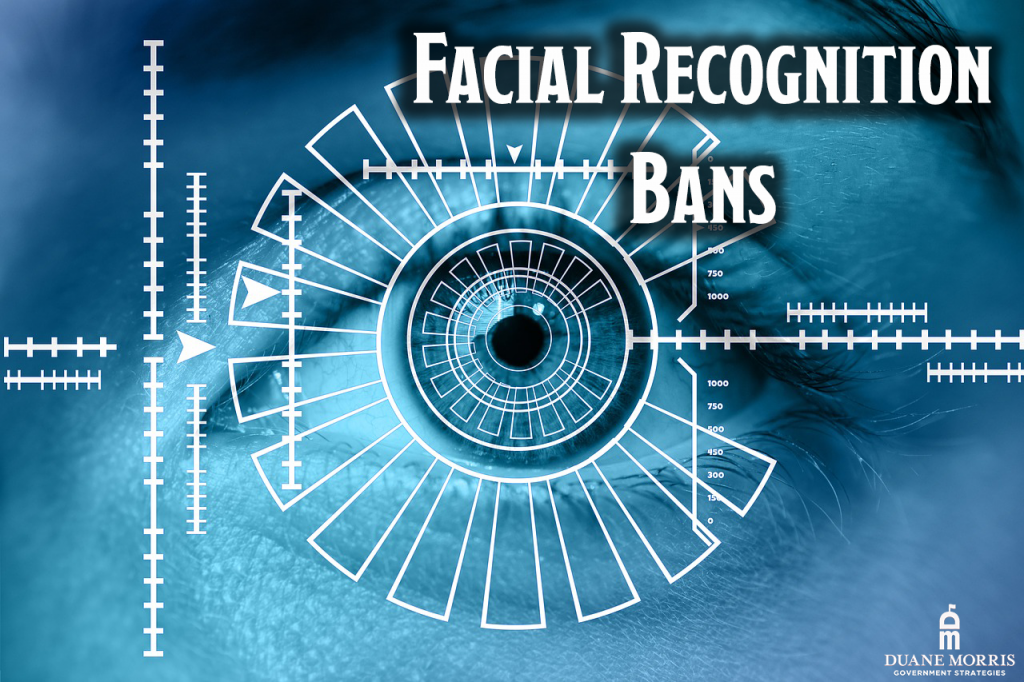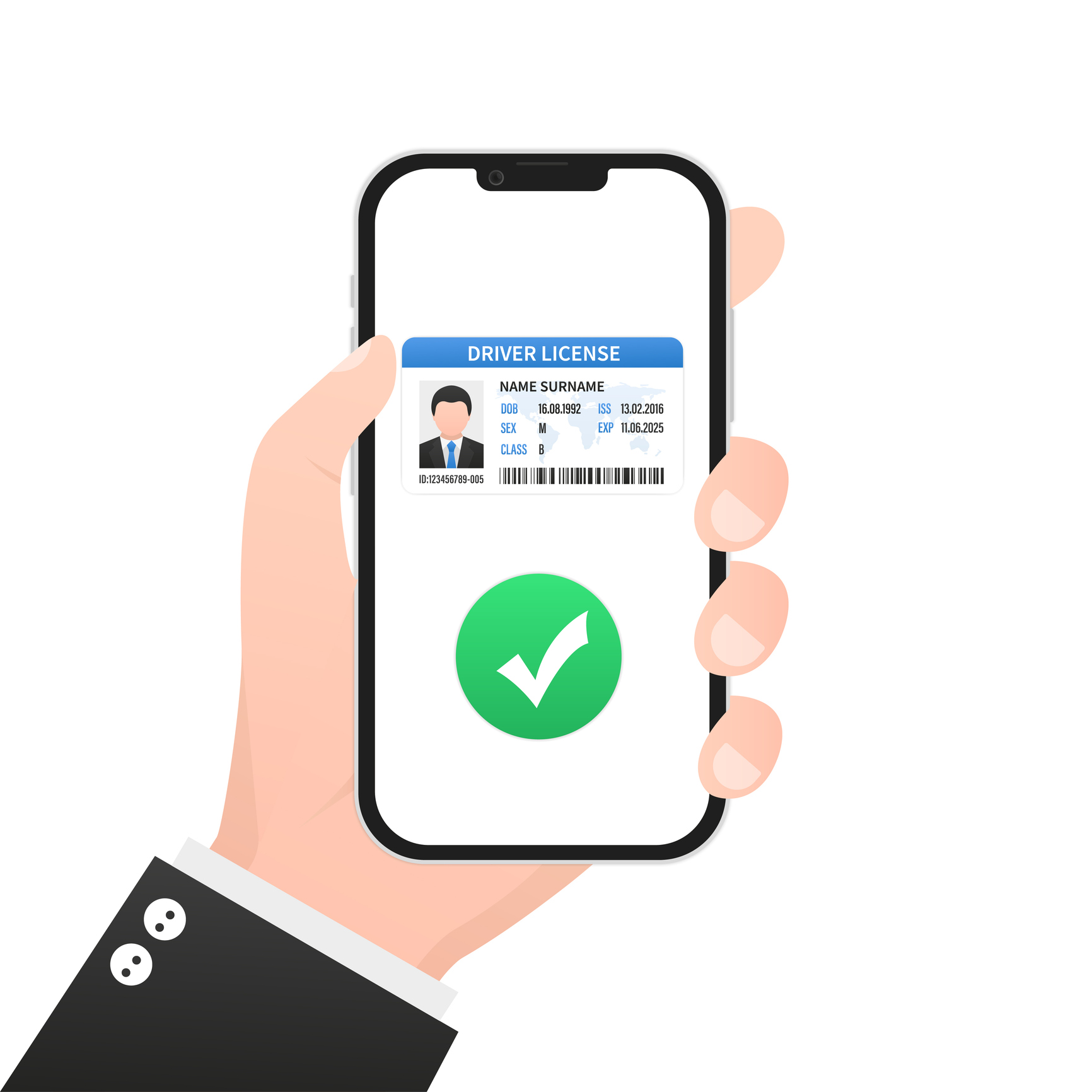
In September 2020, Portland, Oregon, approved ordinances banning the use of face recognition technologies by the city’s bureaus and private entities in public spaces. Since then, other cities, and some states, have looked to pass facial recognition bans.
Baltimore: Temporary Facial Recognition Ban Passes
In June, Baltimore City Council passed an ordinance creating a moratorium on facial recognition technology. However, the bill exempts the city police department from the moratorium.
The ordinance explicitly prohibits the City of Baltimore from purchasing or otherwise obtaining a facial surveillance system or systems and prohibits the city from contracting with another entity or individual, either directly or as a subcontract, to use facial surveillance in Baltimore.
The ordinance expires automatically on December 31, 2022.
Maine: Facial Recognition Ban
Maine lawmakers passed LD 1585 earlier this summer. The bill, enacted on July 1 without action by the governor, states that a department, public employee, or public official, may not:
- Obtain, retain, possess, access, request or use a facial surveillance system or information derived from a search of a facial surveillance system;
- Agree with a third party to obtain, retain, possess, access or use, by or on behalf of a department, public employee or public official, a facial surveillance system or information derived from a search of a facial surveillance system; or
- Issue a permit or enter into any other agreement that authorizes a 3rd party to obtain, retain, possess, access, or use a facial surveillance system or information derived from a search of a facial surveillance system.
However, the bill does allow the entities as mentioned above to request, through the Maine Bureau of Motor Vehicles and the FBI, a search of a facial surveillance system and may obtain, retain, possess, access, or use the results of a search of a facial surveillance system to investigate a serious crime when there is probable cause to believe that an unidentified individual in an image has committed the crime, assisting in the identification of a person who is deceased or believed to be deceased, or assisting in the identification of a missing or endangered person.
Massachusetts: Facial Recognition Police Reform
In late December 2020, Governor Charlie Baker signed a piece of police reform legislation, S. 2963. The bill explicitly regulates police use of facial recognition technology. After lawmakers initially passed the bill, the governor amended it to make specific changes to the facial recognition provisions. Under the approved legislation, any law enforcement agency performing or requesting a facial recognition search using facial recognition technology may only do so through a written request to the registrar of motor vehicles, the department of state police, or the FBI.
A law enforcement agency may use such searches to execute an order issued by a court or justice authorized to issue warrants in a criminal case or without an order to identify a deceased person or if the law enforcement agency reasonably believes that an emergency involving a substantial risk of harm to any individual or group of people requires the use of facial recognition without delay.
Portland: Two Facial Recognition Ban Ordinances
The city passed two ordinances in September related to facial recognition bans. The first ordinance requires city staff to review whether or not any city bureaus are using facial recognition technology and states that they may use such technology for only verification purposes so staff can access their own personal or city-issued personal communication devices or computers in social media applications, or for the sole purpose of redacting a recording for release or disclosure outside the city in order to protect the privacy of a subject depicted in the recording.
The second ordinance passed by Council bans facial recognition technologies by private entities in public areas within the City limits.
Washington: Legislation Authorizing Facial Recognition
In March of 2020, Governor Jay Inslee approved Senate Bill 6280 with a partial-veto. As signed by the governor, the bill notes that the facial recognition legislation will establish safeguards to allow state and local government agencies to use facial recognition services. Under the legislation, state and local government agencies are permitted to use facial recognition services to locate or ID missing individuals and ID deceased individuals, including missing or murdered indigenous women, subjects of Amber alerts and silver alerts, and other possible crime victims. The bill further requires any state or local agency using or intending to develop, procure, or use a facial recognition service to file with a legislative authority a notice of intent and specify the purpose for which the technology would be used. The state or local government agency may then initiate an accountability report once the legislative authority files the notice of intent.
The bill also authorized the Department of Licensing (DOL) to implement a facial recognition matching system for all drivers’ licenses, permits, and “identicards” to determine whether someone has been issued an ID under a different name (or names).
Under the bill, an agency is not allowed to use a service to engage in ongoing surveillance, conduct real-time or near real-time identification, or start persistent tracking, unless a warrant is obtained, exigent circumstances exist, or a court order is obtained for the sole purpose of locating or identifying a missing or deceased person. The bill also prohibits law enforcement agencies from using the results of a service as the sole basis to establish probable cause in a criminal investigation, to identify an individual based on a sketch or manually produced image, or substantively manipulate an image for use in a service in a manner not consistent with the service provider’s intended use and training.
In the Governor’s veto message, he indicated vetoing Section 10 of the bill, which would have established a legislative task force on facial recognition, because the budget did not fund it. The governor further recommended that lawmakers engage with the Ruckelshaus Center on preparing a situation assessment instead.
Senate Bill 6280 went into effect on July 1, 2021.
Don’t Forget This Week’s Other Post on Universal Licensing Legislation!
Arizona first passed a bill in 2019 that would recognize out-of-state occupational licensing for individuals establishing residency in Arizona. As of 2021, more than a dozen states have passed or are considering universal licensing legislation.
Latest News
Photo credit: iStock.com/StudioGraphic As technology continues to evolve, digital driver's licenses (also known as mobile IDs) are gaining traction across the United States. States are increasingly exploring legislative measures to modernize driver identification systems, enabling [...]
NetChoice and AI regulation In this episode of the Back in Session podcast, hosts Ryan Stevens and Ryan DeMara sit down with Amy Bos, Director of State and Federal Affairs at NetChoice, to discuss the [...]
Photo credit: iStock.com/yacobchuk The use of cell phones by students in classrooms is on the rise, despite 77% of schools prohibiting cell phones at school for non-academic use. With students often disregarding these rules or [...]
In the latest episode of the "Back in Session" podcast, hosts Ryan Stevens and Ryan DeMara delve into the innovative world of AI technology applied in gun detection with Burgess Nichols from ZeroEyes. Starting with [...]





Stay In Touch